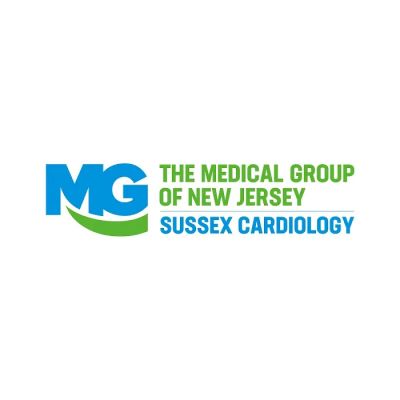- 1-Understanding-Heart-Disease-And-Congestive-Heart-Failure
- 2-Symptoms-And-Diagnosis-Of-Congestive-Heart-Failure
- 3-Treatment-Options-For-CHF-And-Heart-Disease
- 4-Lifestyle-Modifications-For-Effective-Heart-Disease-And-CHF-Care
- 5-Monitoring-And-Managing-Complications
- 6-Real-Patient-Stories-And-Insights
- 7-Resources-And-Support-From-HeartCare-Hub
1. Understanding Heart Disease and Congestive Heart Failure
Heart disease encompasses a wide range of conditions affecting the heart’s structure and function, and congestive heart failure (CHF) is a serious stage of heart disease where the heart cannot pump blood efficiently. Understanding heart disease and congestive heart failure care is crucial for patients and caregivers to manage symptoms and improve outcomes.
CHF often results from damage caused by coronary artery disease, hypertension, or previous heart attacks. The heart’s reduced pumping ability leads to fluid buildup in the lungs, liver, and extremities, causing fatigue, shortness of breath, and swelling.
Early diagnosis and care play a pivotal role in slowing disease progression and enhancing quality of life.
2. Symptoms and Diagnosis of Congestive Heart Failure
Recognizing CHF symptoms early helps initiate timely care. Common signs include persistent coughing, difficulty breathing during physical activity or rest, swelling in legs and abdomen, rapid or irregular heartbeat, and fatigue.
Diagnosis involves physical exams, blood tests, chest X-rays, echocardiograms, and stress tests. These tools assess heart function and identify underlying causes.
Understanding the severity through stages and ejection fraction measurements enables personalized care plans tailored to each patient’s needs.
3. Treatment Options for CHF and Heart Disease
Treatment of heart disease and congestive heart failure involves a multifaceted approach combining medications, devices, and sometimes surgery. Common medications include ACE inhibitors, beta-blockers, diuretics, and anticoagulants, which help improve heart function, reduce fluid retention, and prevent blood clots.
Advanced cases may require implantable devices like pacemakers or defibrillators to regulate heart rhythm. In severe situations, heart transplant or ventricular assist devices become options.
Individualized treatment plans are essential and require ongoing evaluation by healthcare professionals.
4. Lifestyle Modifications for Effective Heart Disease and CHF Care
In addition to medical treatment, lifestyle changes dramatically impact heart disease and congestive heart failure management. Patients benefit from adopting a low-sodium diet to reduce fluid buildup, maintaining a healthy weight, and engaging in moderate physical activity approved by their doctor.
Quitting smoking, limiting alcohol consumption, and managing stress are also vital components. Education about symptom monitoring and when to seek help empowers patients to participate actively in their care.
These lifestyle adjustments enhance medication effectiveness and improve long-term outcomes.
5. Monitoring and Managing Complications
Ongoing monitoring is essential to detect complications such as worsening fluid retention, arrhythmias, or kidney dysfunction. Regular follow-ups, blood pressure checks, and weight monitoring help track disease progression.
Telehealth and wearable technology now enable real-time monitoring, offering new ways to manage CHF effectively from home.
Prompt intervention upon symptom changes prevents hospitalizations and reduces risks.
6. Real Patient Stories and Insights
Linda, a 62-year-old diagnosed with CHF, shares how adjusting her diet and following a structured medication plan transformed her life. Her proactive approach reduced hospital visits and improved energy levels.
Another patient, Robert, emphasizes the importance of support groups and educational resources in managing the emotional impact of heart disease.
These real-life accounts illustrate the challenges and successes in caring for congestive heart failure and heart disease.
7. Resources and Support from HeartCare Hub
For comprehensive guidance and trusted products related to heart disease and congestive heart failure care, HeartCare Hub offers tailored services and recommendations. From medication management tools to patient education and lifestyle support, HeartCare Hub equips individuals to manage their heart health confidently.
Explore HeartCare Hub’s resources to find expert advice and solutions designed to improve your quality of life.




















